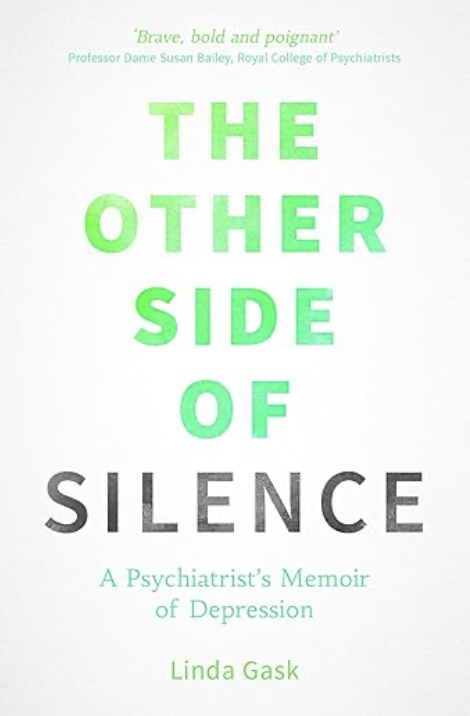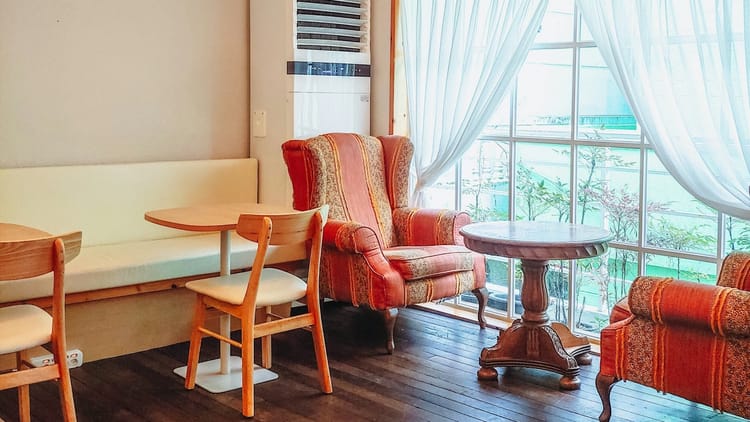Book Review: The Other Side of Silence

By Asma
The Other Side of Silence: A Psychiatrist’s Memoir of Depression
Content warning: The book contains mentions of self-harm, suicide, and suicidal ideation.
In 2017, 197.3 million people had mental health disorders in India, according to an article titled ‘The burden of mental disorders across the states of India: the Global Burden of Disease Study 1990–2017’, published in The Lancet Psychiatry in 2019. Breaking that down further, 45.7 million Indians were reported to have depressive disorders and 44.9 million Indians were reported to have anxiety disorders in 2017, according to the same article. During the pandemic, these numbers grew rapidly, as was the case globally. The prevalence of major depressive disorder and anxiety disorder rose by 35% each in India during 2020 as a result of the pandemic, according to a study published in The Lancet in 2021. Despite this increase, numerous roadblocks persist that prevent people from accessing mental healthcare services, one of which is the stigma around seeking support from mental healthcare providers.
The day I reserved my first therapy appointment is clearly etched in my mind. I remember the fear I felt as I hid near a bank of elevators in my office building, furtively looking around to see if anyone I knew was approaching, as I whispered my details to the receptionist at the mental healthcare provider’s clinic.
On the morning of my first therapy appointment, I woke up drenched in sweat. I was terrified of running into someone I knew at the clinic. To cope with this fear, I ran through various scenarios and how I would deal with them. That was in 2019.
Five years and a devastating pandemic later, I am sad to report that very little has changed.
When I tell friends and acquaintances that I see a therapist regularly, my admission is usually greeted with shock and surprise. When I explain the anxiety I experience, I am usually told, “You worry too much, you just need to take things lightly.”
At other times, people exclaim, “You seem just fine to me! Everyone goes through this in their twenties.” As well-meaning as all these people are, they remind me of how little we know about mental health and mental illness, especially in India and how little has changed even after the havoc the pandemic wreaked on our mental health.

When I chanced upon ‘The Other Side of Silence: A Psychiatrist’s Memoir of Depression’ by Linda Gask, last year, I was intrigued. Being a regular at my therapist’s clinic, I somehow assumed that mental health providers are immune to mental illness. After all, they study about mental health and mental illness over the course of several years and have deep insight into the functioning of the brain.
“That must prevent them from going through anxious spirals and struggling to deal with their emotions,” I reasoned. Reading Gask’s book was a revelation because she details her experiences with debilitating anxiety and depression, while working as a psychiatrist and helping patients live with their mental illnesses.
‘The Other Side of Silence: A Psychiatrist’s Memoir of Depression’ was published in 2015. Gask’s career as a psychiatrist spanning more than 30 years, while experiencing bouts of anxiety and depression, adds a unique dimension to her observations and insight about mental illness.
According to Gask, her aim in writing the book is to provide hope to readers dealing with mental illness, to help them better understand what they are going through, and to help them learn how to cope more effectively. Gask’s book goes a long way towards achieving this goal, in large part due to her honesty and willingness to bare her wounds publicly.
Throughout the book, Gask utilises her training as a psychiatrist to examine the experiences she went through and the impact they had on her. She delves into her childhood and explores the impact her complicated family dynamics had on her as an adult, including her mother’s unhappiness, her father’s social phobia, and a sibling’s experience with obsessive compulsive disorder. Given the depth Gask goes into, it is quite likely that readers will resonate with some, if not several aspects of her childhood and draw some insight about themselves.
Gask describes the different stages of her life across chapters and how her mental health fared at each stage. These stories are interspersed with accounts of her interactions with her patients, their struggles, and the circumstances (both genetic and environmental) that likely contributed to their illnesses.
While most readers of the book may not face the unique circumstances Gask does – of working as a mental health professional while dealing with mental illness, it is fascinating how universal many of the fears and experiences she describes in the book are.
A particularly interesting anecdote in the book is during an appointment Gask has with a colleague. Gask describes the strangeness of consulting with a colleague of hers, as a patient. She writes about the unease they both feel and her own worries about how her colleague will perceive her once she discloses her symptoms. It is startling how this fear is so universal, whether one is a psychiatrist, as in Gask’s case, or a layperson. During the same appointment, she struggles with how much she should reveal to her doctor and what she should leave out – a dilemma I recognise very well myself and one that is clearly quite common, given the number of results that pop up following a search on google with the prompt ‘how much to reveal to therapist’.
At another point in the book, Gask writes, “I often found myself wanting to please other people in order to be liked but then resenting how this prevented me from doing the things I wanted to do.”
This is perhaps as succinct a summary as possible, of how people labelled as people-pleasers feel.
Gask bares her wounds and describes her intrusive thoughts, her experience with failure during her first attempt of the Membership Examination of the Royal College of Psychiatrists and its aftermath, her complicated feelings for her psychotherapist ‘E’ and the impact of his sudden disappearance, and her fear that she would eventually struggle with obsessive tendencies like her brother.
‘The Other Side of Silence: A Psychiatrist’s Memoir of Depression’ is a masterpiece that I would recommend to most adults, given the prevailing lack of understanding about mental illness. Most of us either know loved ones dealing with mental illness or are dealing with it ourselves and Gask’s skill at weaving her own experiences and those of her patients, with her insight as a psychiatrist make the book a must-read.
Views expressed are personal
Asma is a feminist writer with an interest in public policy and mental health. She can be reached on Instagram at @asmag7






Member discussion